Dallas By Way of Damascus
Syrian civil war hits home for Arab American Texan
I grew up in a small North Texas town. Back then, it was really the country. We had no mall until I was almost in high school, and the openings of Red Lobster and a Wal Mart set the town abuzz.
I graduated with 200 people and knew most of them personally. My Facebook feed is full of posts from friends I’ve had since sixth grade, and I was a bridesmaid several times over for the girls I grew up with in that small town.
My dad has been a practicing physician there for more than 30 years. My parents still live in the same house I grew up in, and now my children visit them every summer, in that same small town. We have roots there, memories – it’s home.
I am a first-generation American and — perhaps more accurately, because the Lone Star stands alone — Texan. I am also 100 percent Syrian.
I have set up my own roots as an adult in Dallas, just 45 minutes from my hometown. I work for a Dallas-based company, and most of my friends grew up in the area. Indulge me in this detail, because the last one I left out is that I’m an Arab American Native Texan. Can you imagine the schism in that title?
I am a first-generation American and — perhaps more accurately, because the Lone Star stands alone — Texan. I regularly dive face first into a bowl of queso and tear up some barbecue. I believe in full hearts, clear eyes, can’t lose and Texas Forever.
I’ve been known to enjoy a cold beer in a warm lake. I buy my 7-year-old daughters mums and take them to the local high school games. I’m a proud supporter of my Texas alma matter, Baylor University.
I also love hummus and kibbe, hooka, and Amr Diab. I married an Arab, but, like me, my husband was Western-born and -raised and really only views his Arabic roots as a justification to add four times the prescribed amount of garlic in anything he eats.
We speak Arabic only in bars when we want to covertly talk smack about the people next to us. That said, it hasn’t always been easy.
Growing up, my mother dragged my sisters and me to Damascus. In typical adolescent fashion, I was much too wrapped up in myself to understand the opportunity that was being presented to me.
I had a kooky foreign mom, who wanted to pack yogurt and olives for second-grade lunch, when all I longed for was the bologna and white bread sandwich the rest of my friends had. She didn’t understand the dating and social mores of her adopted country and found it completely normal to call me 12 times a day when I was 27 years old. This is not uncommon.
There have been scores of essays and books and movies about the immigrant experience and, subsequently, the experiences of their American offspring. Children they love but can’t quite understand. But there’s more to this particular story.
I’m also Syrian. One hundred percent, from both sides of my lineage, dating back thousands of years. This small country, tucked in what’s arguably the most volatile and strategic spot in the entire world, has long flown under the radar.
Growing up, my mother dragged my sisters and me to her hometown, Damascus. We visited summer after summer until I graduated high school. I used to resent these trips. Why did I have to leave my friends? My activities? The comforts of my home and my own car?
In typical adolescent fashion, I was much too wrapped up in myself to understand the opportunity that was being presented to me. The food, the antiquities, the crystal blue waters of the Mediterranean that appear out of a dream. Sure, I loved my grandparents and my aunts, uncles and cousins. But they were only a tangential part of my life.
I’m not naïve: It was then and has been for decades a repressive, despotic regime. But the people learned to thrive. Better to be in bed with the devil you know.
We didn’t spend Thanksgiving or Christmas with them; they didn’t babysit me so my parents could catch a movie. They were all part of this mirage in the sand, whom I saw once a year, in the dead heat of the desert summer.
But they tried so hard to show me a good time. We strolled around in shorts a tank tops; took tennis lessons; sat by hotel pools; and, in what I thought was the ultimate in exotic experiences, started dinner at 11 pm.
We took trips to the North of Syria to see Aleppo and toward the Mediterranean to have beach vacations in Latakia. There were Muslims – both Sunni and Shiite – breaking bread with Christians, Jews, Druze, Africans and more.
I’m not blind or naïve: It was then and has been for decades a repressive, despotic regime. But the people learned to thrive, to satisfy themselves with the fact that there was reliable infrastructure, public transportation, highways, railways and commerce.
People were receiving educations, most recently with private universities, press and unprecedented digital access to the outside world. Better to be in bed with the devil you know.
Since the Arab Spring began more than two and a half years ago, Syria has become embroiled in a full-scale civil war. My grandmother died this summer, and my mom could not see her one last time to say goodbye. She could not be there to bury her.
Perversely, in this new calculus, my grandmother is considered lucky. She died in her home, of natural causes, and at least received a burial. Hundreds of thousands of civilians are dying with no such dignity.
This essay isn’t about whether or not the United States should intervene in Syria. It’s about asking you to pause and think about this situation in the context of your own life.
By now, the entire world has witnessed the horrific footage of the latest chemical attack. We’ve seen the napalm blasted over the primary school. We’ve seen both sides behave with savagery that is unfathomable. How can this be happening? The answers are not simple.
It’s important to me to note that the images you see on CNN, BBC and the like are typically shot in the outskirts and villages of the country. Thousands of Syrians have stayed in their homes, not demonstrated, and attempted to get on with life with any semblance of normalcy.
They are middle-aged pharmacists and lawyers. Stay-at-home wives and students. They didn’t ask for this war, and they didn’t bring it upon themselves, yet they go to bed every night to the sound of shelling.
“Just leave! Get out today!” This is what we implore, screaming over the phone, to the family we have left in Damascus. “You don’t understand,” they tell us. “This is our country.
“This is where we built our lives. This is where our parents are buried and our children go to school. Where would we go? How do you start over when you are past the middle of your life? Should we be refugees and live in tents? Should we leave 50 years of hard work and choices?”
This essay isn’t about whether or not the United States should intervene in Syria. It’s not about siding with the government or the rebel forces. It’s about asking you to pause and think about this situation in the context of your own life.
What if my parents had to leave that house in North Texas. What if they just had to walk away from 35 years of memories, friends, professions — everything they’ve known and built? What if, due to no fault of their own, the country they love began attacking them in their beds?
It’s incomprehensible and a human tragedy that will haunt us for decades to come. And maybe what I’m most sad about is that now my children, born and raised in Dallas, will probably never have the opportunity to argue with me about visiting the oldest continually inhabited capital in the world, Damascus.
They’ll never see the historical markets; they’ll never physically experience their ethnic roots. They will think their ancestry began in a war-torn, blown-up, uncivilized place. There will be no pools, no fountains and no fun. Only ugliness and extremism.
I love my country, my state and my city. But like all Americans, I am part something else. My people come from somewhere else. And you have to understand and embrace that to be whole. Like many, many other American Syrians, I wish I hadn’t taken it all for granted now.
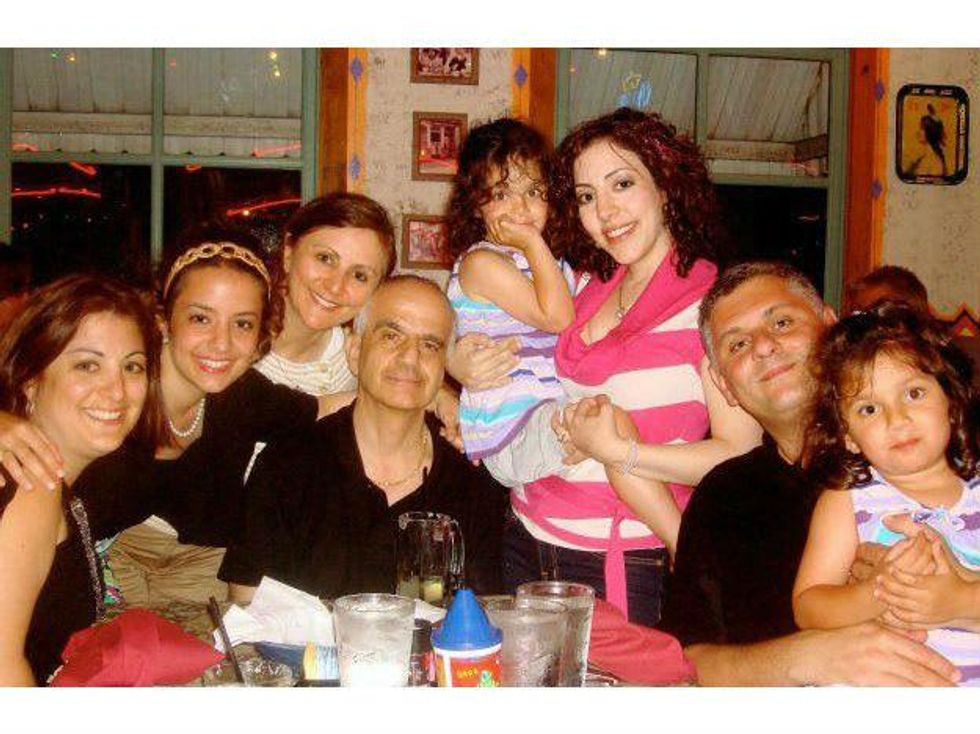
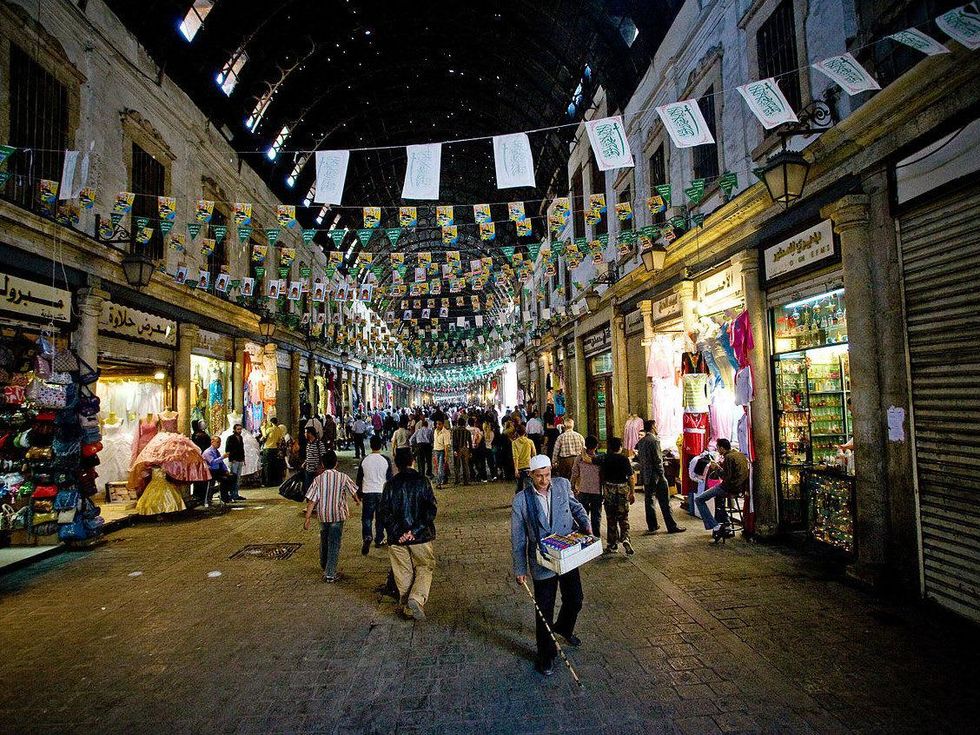
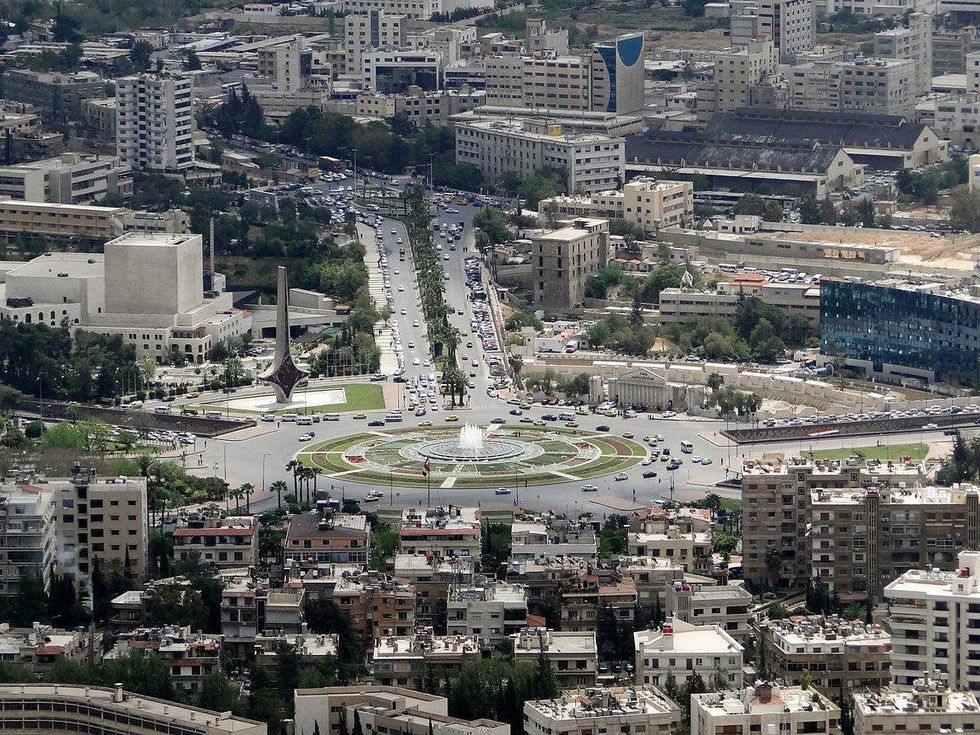
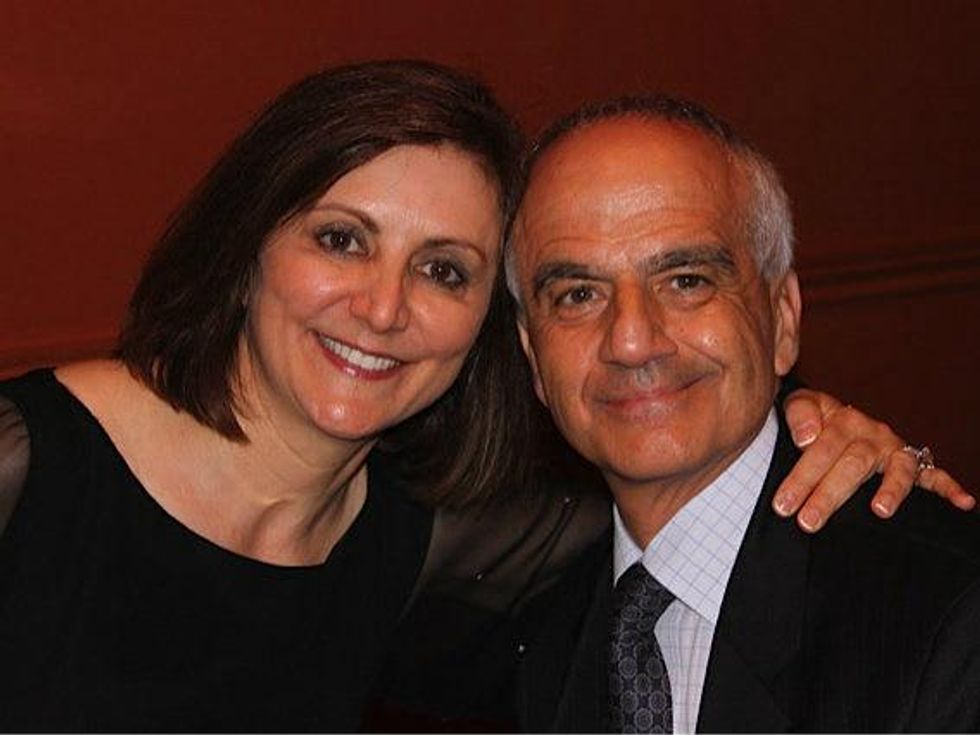
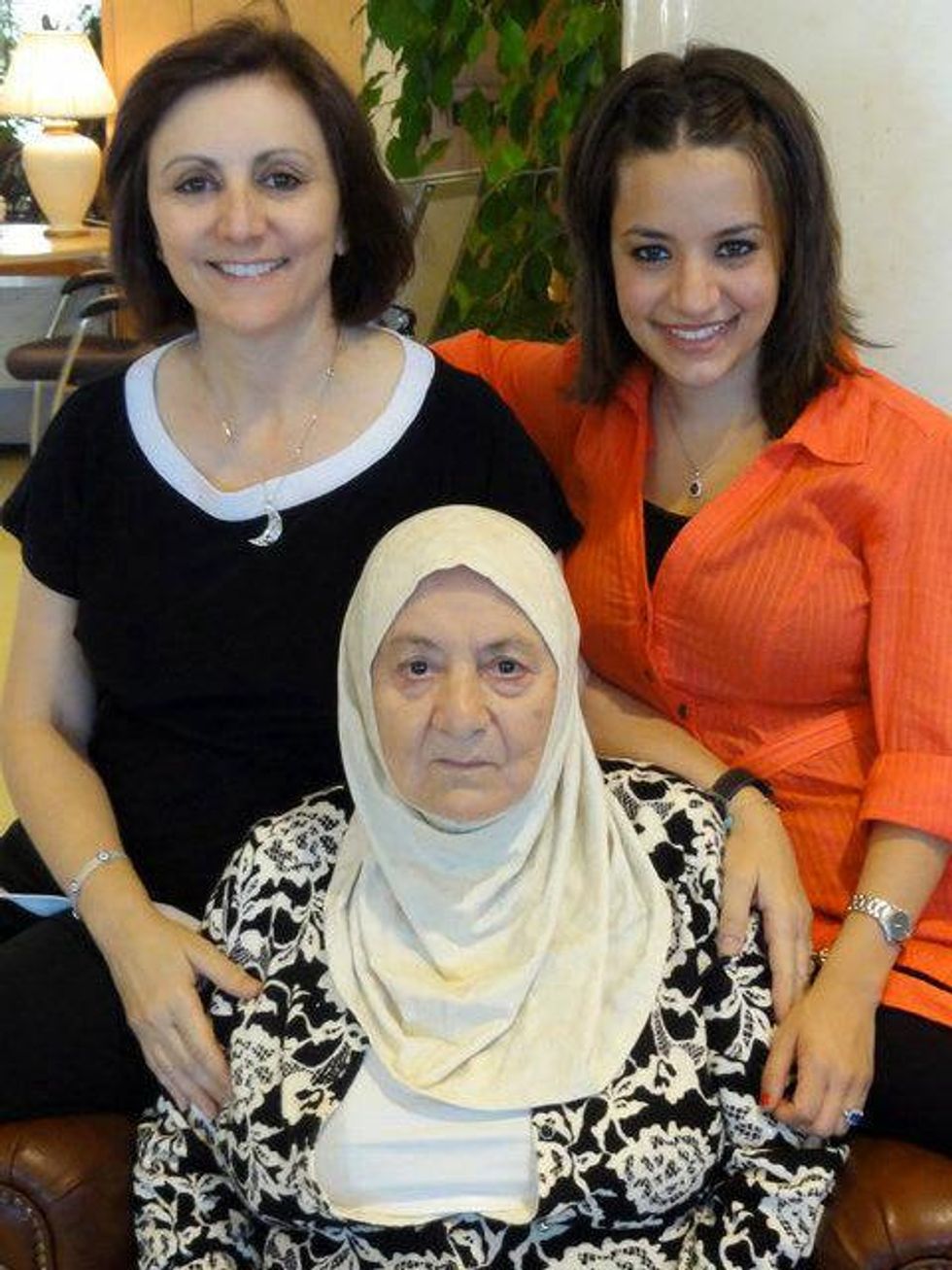
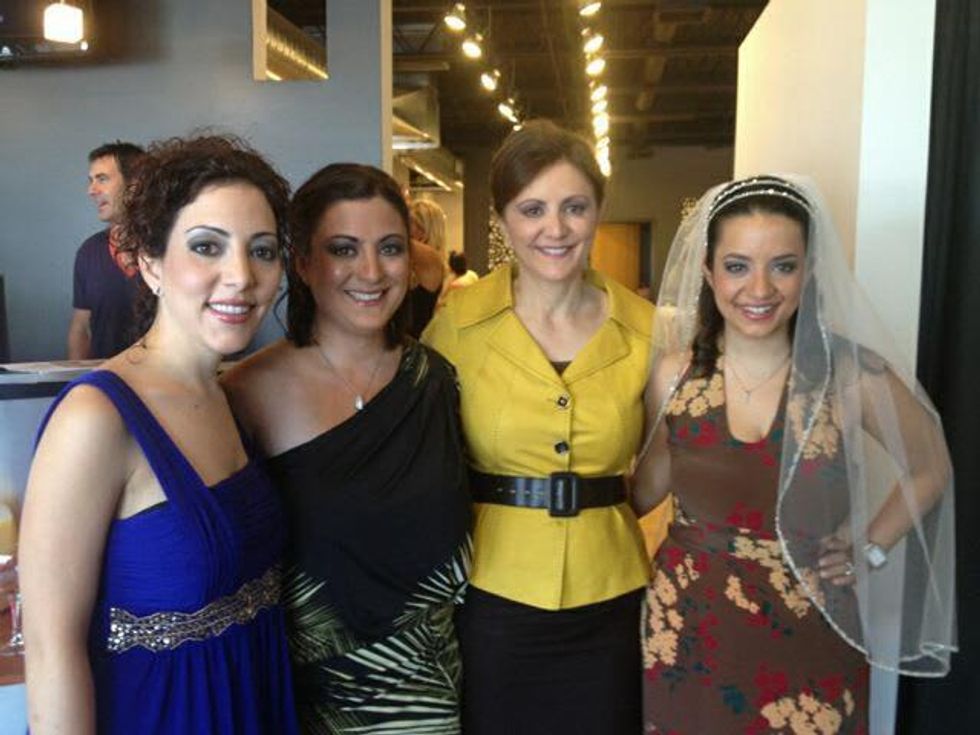

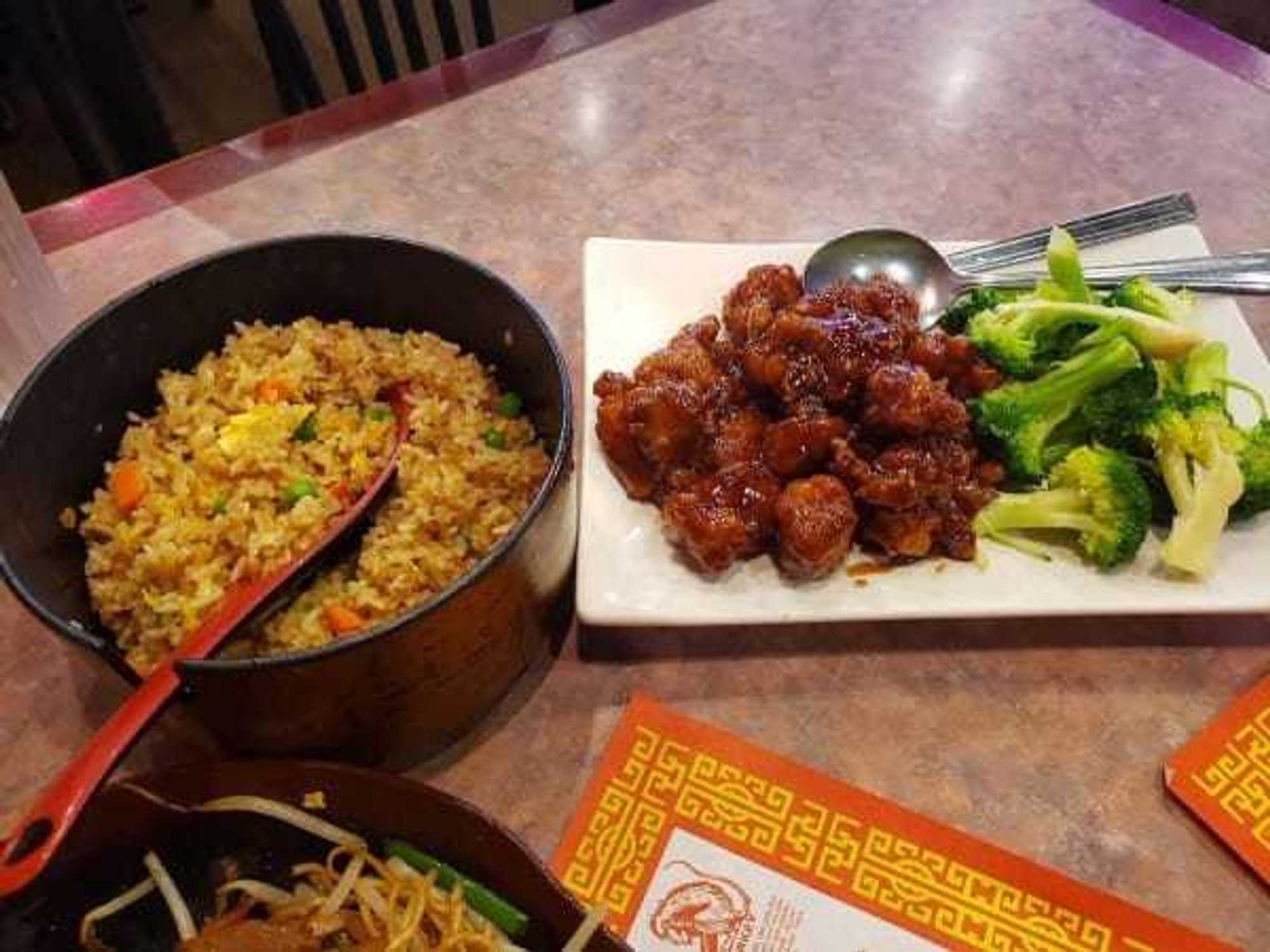 Fried rice and chicken at Dallas Spicy Chinese Cuisine. Photo courtesy of Dallas Spicy
Fried rice and chicken at Dallas Spicy Chinese Cuisine. Photo courtesy of Dallas Spicy